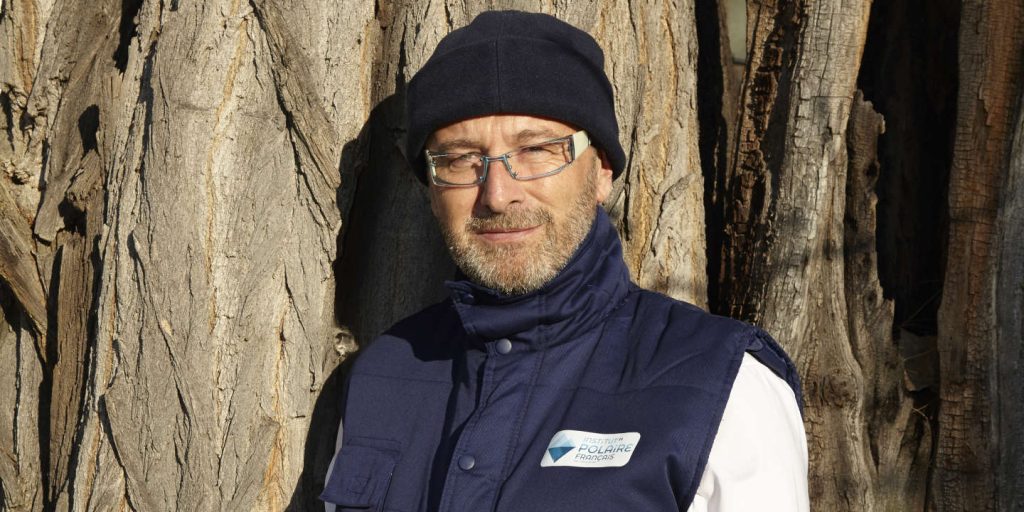
“French polar research at a turning point due to lack of resources”

Director of the Paul-Emile Victor Institute, glaciologist Jerome Chapelas participated in the discussions of the 43rd sessione The Antarctic Treaty Consultative Meeting (ATCM), hosted in Paris from June 14-24, brought together 54 countries involved – 29 with voting rights and 25 without. This meeting is an opportunity to address all aspects of governance in the treaty area, related to science as well as tourism.
What conclusions do you draw from this scientific diplomacy session?
The Antarctic Treaty constitutes an exceptional instrument aimed at managing 7% of the planet’s surface in a collective manner among the nations that have decided to protect these spaces. The alarming boom in tourism, the use of drones: there will be a lot of decisions to be made. But the meeting has just ended, and we find it difficult to maintain the principle of unanimity that governs the treaty: a particular great nation finds fault on all subjects, even the most benign.
Is France still a leader in polar science?
Her research in these areas is still of excellent quality, but she is standing at a turning point due to a lack of resources. We demand a permanent miracle. For years I have been working on making this happen for decision makers. If we do not support our researchers properly, we risk losing them because nothing is stopping them from working elsewhere. However, it will take decades after that to reconstitute a community of scientists who have left to work elsewhere.
For me, the tipping point dates back to 2005. Then the Franco-Italian station of Concordia, on the high Antarctic plateau, allowed scientists to winter, but the resources of the Paul Emile Victor Institute (IPEV) were not augmented for all that. Since then, we’ve lost ten jobs, engineers, and technicians made available to us by CNRS, and we are working with only 37 permanent employees. However, I am not in a position to compensate for these vacancies by hiring contract workers. At this time, I have twelve jobs to fill as soon as possible. I even had to hire a retired ex-polar infrastructure manager. Some people tell me my words are a spell, when the house is already on fire!
Is your message heard?
I owe a debt of gratitude to the Representatives of the Poles and the Deep Sea Study Group headed by Jimmy Bahon of the Department of Democratic Forces. Thanks to them, we had nine minutes of discussion in the National Assembly about the status of IPEV. It’s a success! The Parliamentary Office for the Evaluation of Scientific and Technological Options also devoted a hearing in May to this topic. During the conference, four ministers spoke on the subject and President Emmanuel Macron concluded with a positive message in favor of polar research. I expect to translate these speeches into action in 2022.
You have 67.49% of this article left to read. The rest is for subscribers only.

“Organizer. Social media geek. General communicator. Bacon scholar. Proud pop culture trailblazer.”
